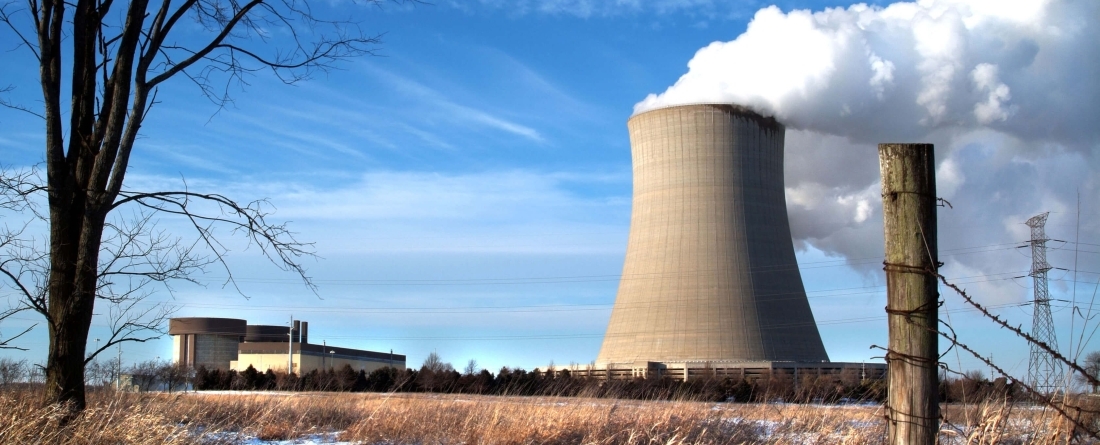
Achieving nuclear security requires fundamental changes in international relationships, the reduction of risks associated with nuclear weapons programs, and new systems to manage and secure civilian nuclear materials and facilities.
Project Spotlight
This project proposes ways to address a range of interconnected nuclear risks—some of which are hold-overs from the Cold War and others which have emerged in the 21st century:
- The nuclear weapons arsenals and active alert postures with short decision times of the United States and Russia still run unnecessary risks. These risks could be eliminated in the near term by systematically reducing to zero the number of operationally deployed nuclear weapons, storing all non-operational warheads in secure locations separated from delivery vehicles and under continuous international monitoring, and reducing total stored national stockpiles significantly below the asymptotic limit of mass social destruction.
- The most pressing proliferation problems, including North Korea, Iran, Pakistan and potential terrorist access to weapons of mass destruction, could all be more effectively addressed if the leading nuclear weapon states were willing to make tighter managerial control and systematic reassurance the norm for all nuclear programs.
- Nations need to adapt their nuclear policies in response to the challenges posed by global warming. Policymakers, research organizations and the public are beginning to consider how climate change could cause civil violence, resource wars, refugee crises and other conflicts. The expansion of global nuclear power use without careful consideration could create more security challenges than it solves. Any serious program to avert catastrophic climate change without increasing nuclear risks will need to include much more fundamental changes to both military and civilian nuclear programs than is being considered at the moment.
